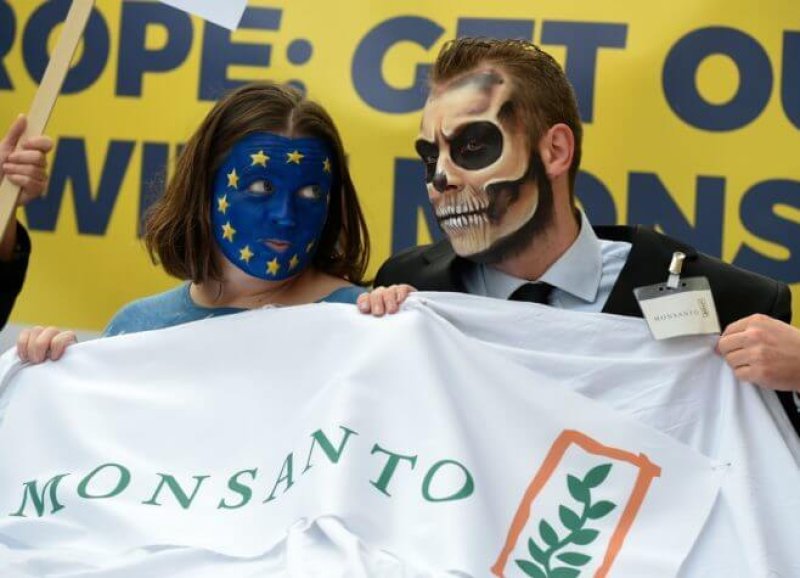Anti-biotech activists hate the herbicide glyphosate, sold by Monsanto under the brand name Roundup. Those activists won a victory in 2015, when the World Health Organization’s International Agency for Research on Cancer (IARC) issued a report classifying glyphosate as a “probable human carcinogen.” That conclusion stood in stark contrast to the findings of every regulatory agency that has evaluated glyphosate over the past two decades, all of which have found the herbicide safe for people and the environment.
How did the World Health Organization diverge so sharply from the scientific consensus? By suppressing extensive evidence of glyphosate’s safety. [October 2017] Reuters acquired a draft copy the IARC’s glyphosate report. In the chapter on animal testing, references to numerous studies that found no link between glyphosate and cancer had been systematically deleted. The IARC refused to explain how that happened other than to refer to its consensus review process.
Meanwhile, a subsequent analysis of how the IARC evaluated the animal testing studies found that “the classification of glyphosate as a probable human carcinogen was the result of a flawed and incomplete summary of the experimental evidence.”
The GLP aggregated and excerpted this article to reflect the diversity of news, opinion and analysis. Read full, original post: The Deceptive Art of Confirmation-Biased ‘Science’: Condemning Glyphosate































